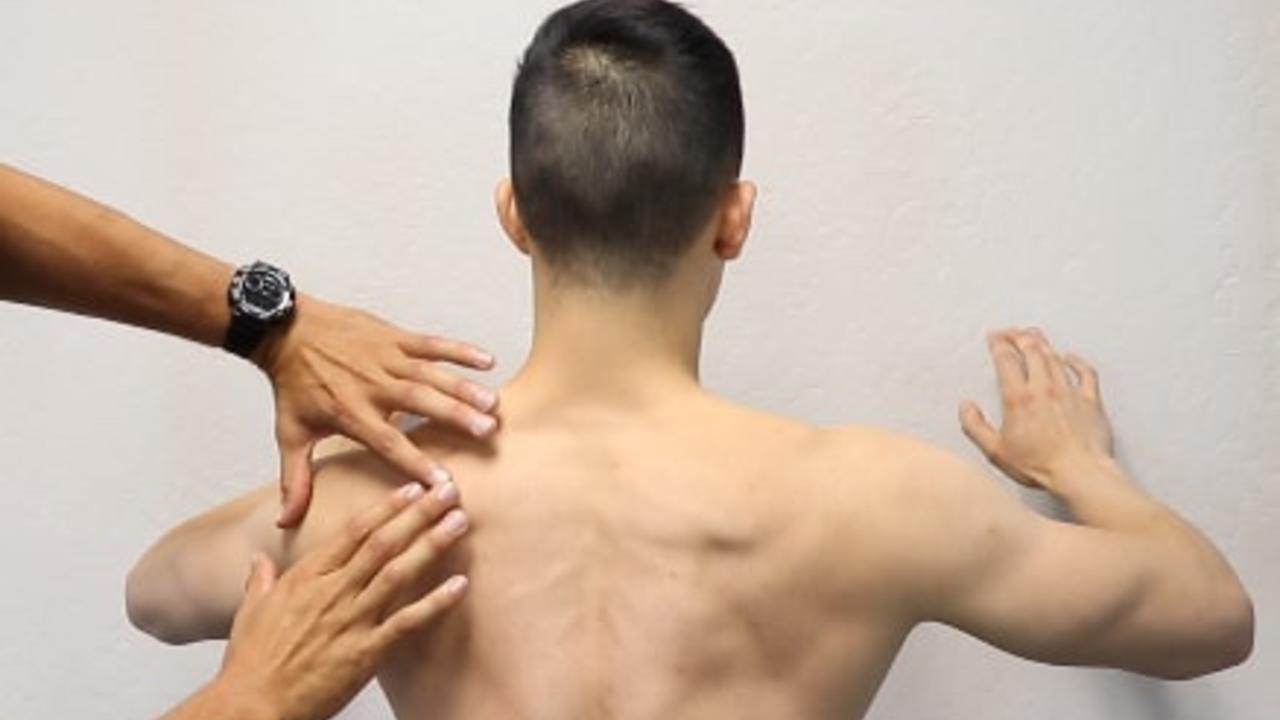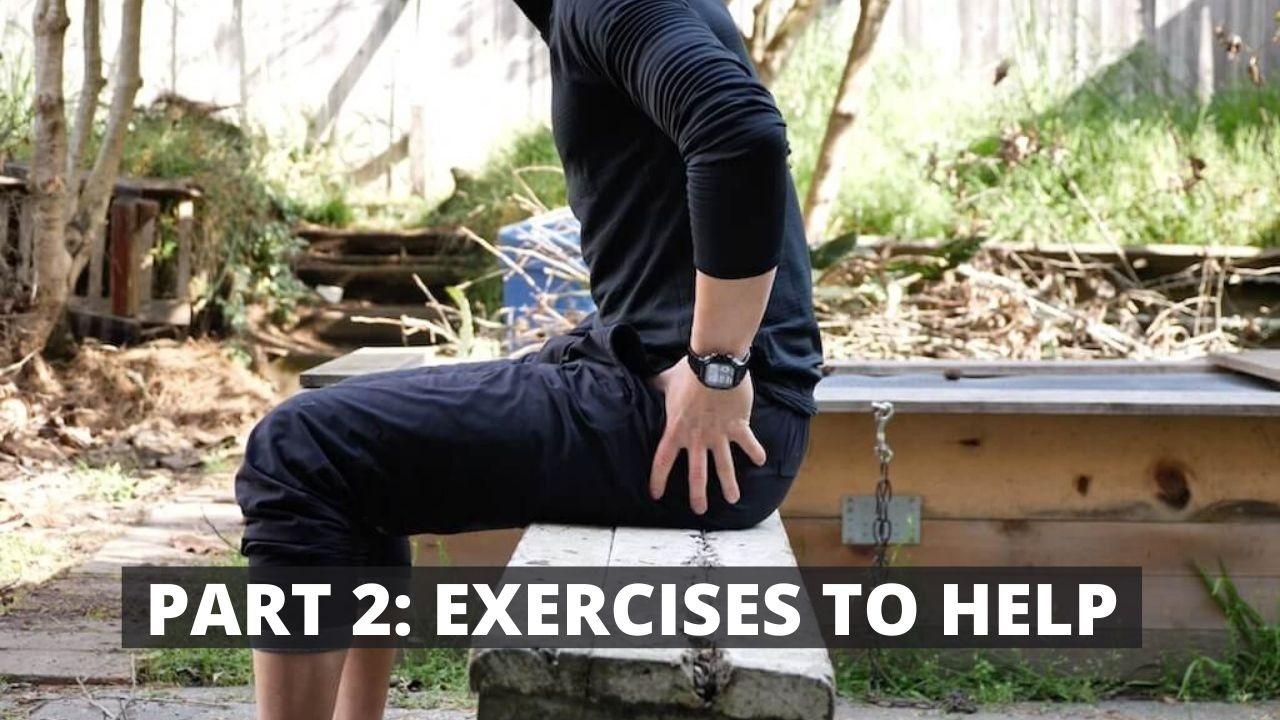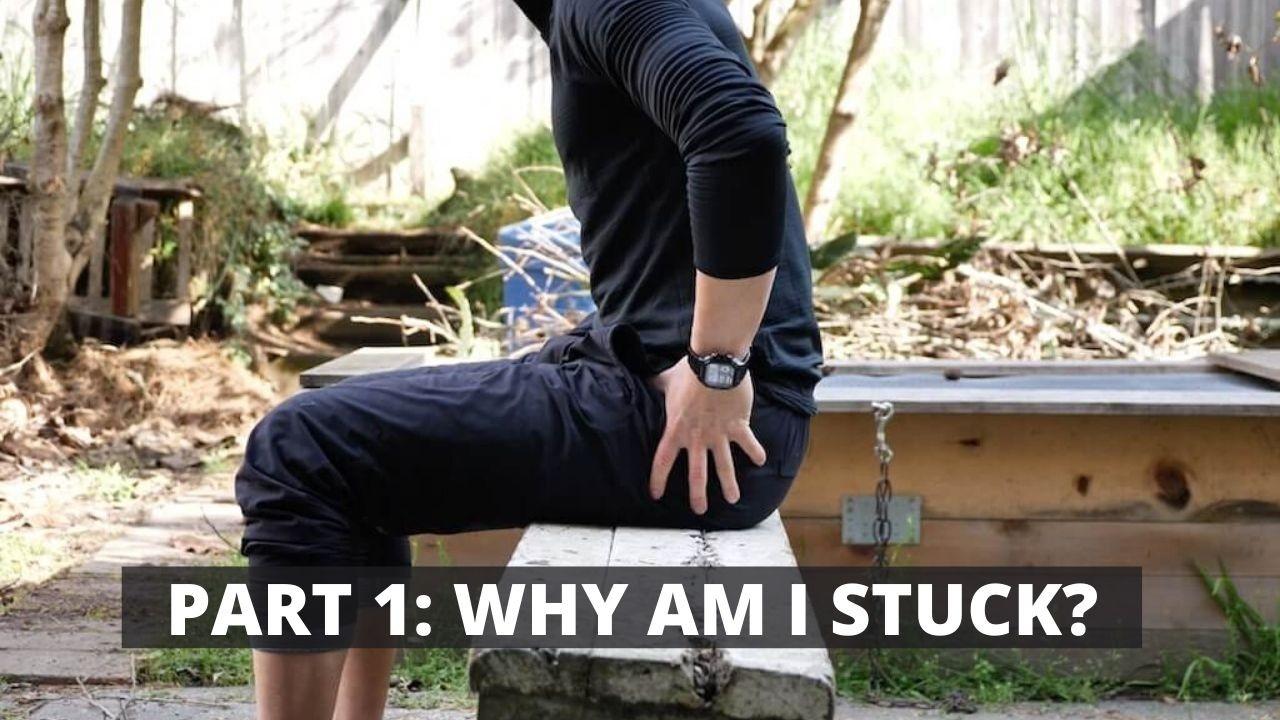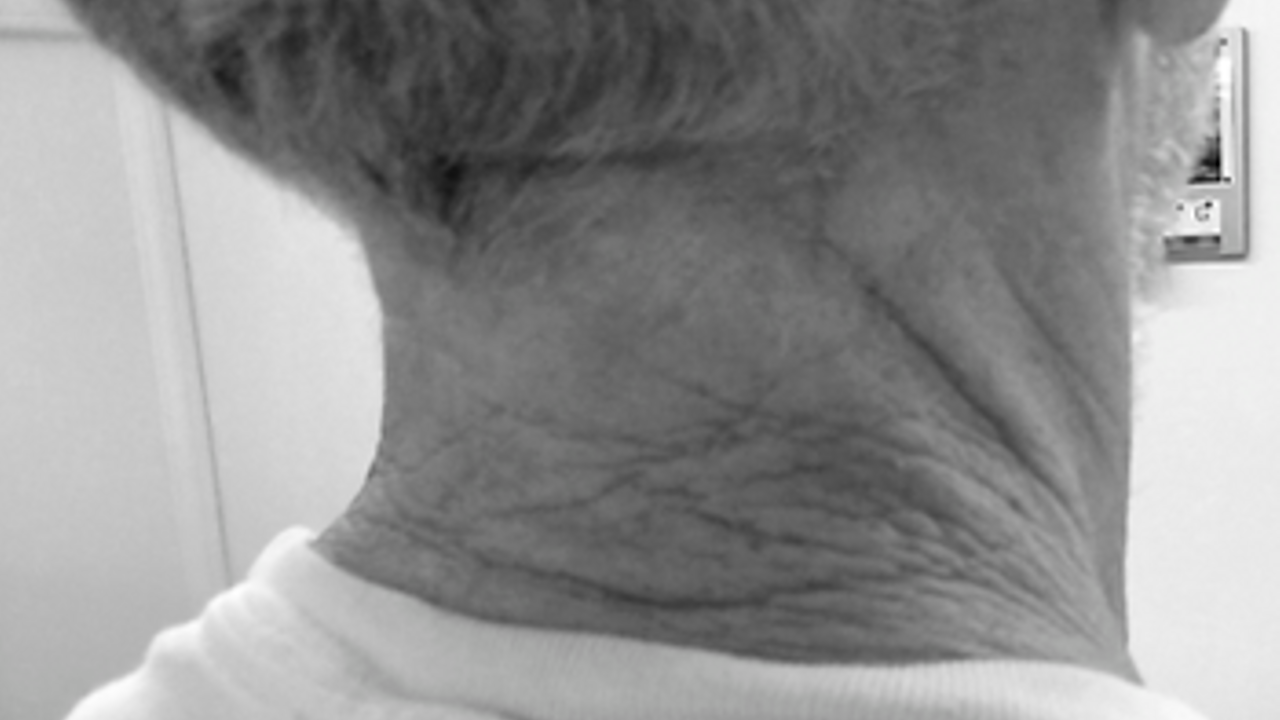Massage and myofascial release are great for temporary pain relief, releasing tension, and to kickstart recovery, but you may need to add functional training to strengthen muscles and relieve tension ...
How should you sleep if you have an anterior pelvic tilt? If you sleep in the wrong position, will it make your tilt worse? If you sleep in a good position, will it make it better?
If you have an ant...
Often when people first start to experiment with wide pushups, they experience one of two things: either they have shoulder pain, or someone tells them that they should stop doing wide push ups becaus...
This is Part 2 in a series. If you want a more detailed understanding of WHY you have trouble getting up out of a chair, check out Part 1 here.
A quick summary of why it's hard to get up from a ch...
These days, a lot of people feel like it's hard to stand up after long periods of sitting.
You're at the office, working on a report for a few hours, and you go to get something from the printer. Wh...
Introduction to Joint Injections for Pain Relief
Steroid injections are becoming as common as advil these days to treat joint pain. Doctors offer steroid injections to people suffering with hip, ...
Your deep squat sucks.
You keep finding yourself stuck with your hips way above your knees. No matter how many times you try to go deeper, it just feels like you're stuck.
Your trainer or a P.T. mi...
You're pregnant. Your belly is bigger than you ever imagined, and your abdominals no longer work. At all. They're too stretched out.
It turns so bad to roll over in bed...
Is it even possible to rol...
You just want a good night's sleep.
Maybe your bed is super old.
Maybe you're 99% sure that your current bed is contributing to your back pain, hip pain, or shoulder pain.
As you start navigat...
These days, a lot of us travel for work. Business consultants, software engineers, and even trainers like me find ourselves working in coffee shops, restaurants, and hotel rooms on our laptops. So whe...
Normal life makes you unhealthy
This morning I had a REAL conversation with a client. She's been digging into understanding and exploring her body. She's asking the right questions and putting i...
If you’ve ever had aches and pains in your neck and shoulders, you have probably been told that you need to get a massage. When that doesn’t seem to provide long-term relief for you or you get tired o...










